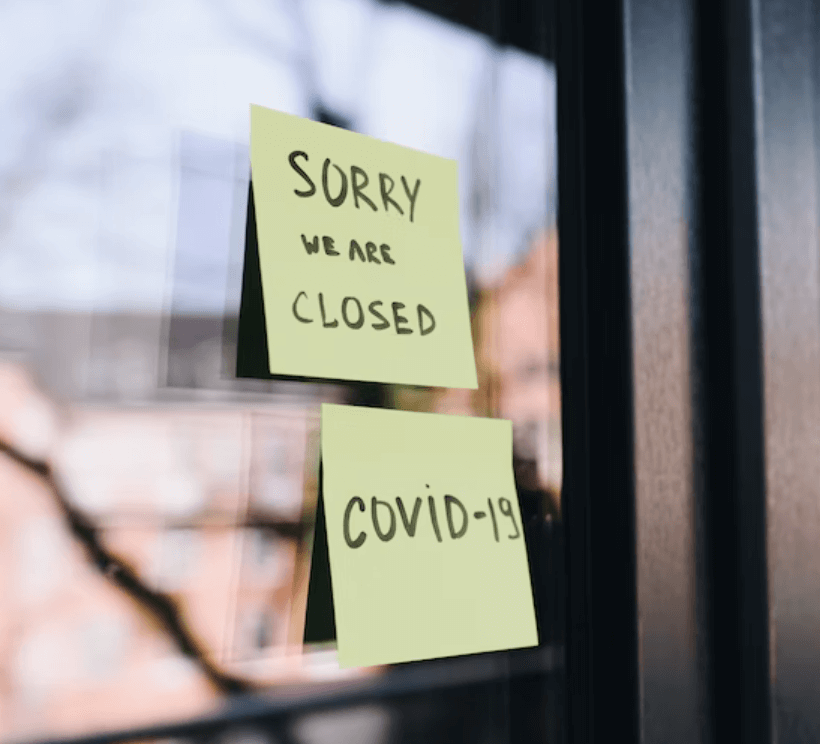
Conor D’Arcy, Head of Research and Policy, Money and Mental Health
The end of furlough means accessible support is more vital than ever
30 September 2021
The furlough scheme is about to end. It’s done huge amounts to support jobs, incomes and, as a result, mental health through the pandemic. And the fact that it is winding up is – in a wider sense – good news, with daily life much more recognisable now than when it launched. But for the estimated 1 million people who face uncertainty and the risk of losing their livelihoods, what happens next will be just as important.
Focusing on how to make the help that’s available to them as accessible as possible is the vital next step in the Covid recovery.
What employers can do
The decision to let staff go is likely to be a difficult one for firms. But there are practical things that employers can do to equip people made redundant with the right information. Signposting is vital, whether that’s to information on benefits, other ways of maximising income or money and debt advice. Making it easier for people to find and use that assistance is crucial – as we know that when your mental health is poor, reaching out for help can be hard. Having that information given to you, rather than needing to seek it out, can be a big help.
What support and advice services can do
Pointing towards such vital services is useful, but the organisations providing that support need to make sure it delivers for everyone who needs it. Our research has found that debt advice, which can be so important when you’ve got money worries, can work less well for people with mental health problems. Unclear or jargon-heavy conversations, and staff who don’t understand how common symptoms of mental health problems affect us, can make it practically harder to engage with advice. Ensuring information provided is easy to follow, and delivered with an awareness that some people will require more support than others, will be key in the months ahead.
What government can do
The issue of accessibility extends to government too. The Plan for Jobs announced by the government included a package of offers, including training and opportunities like traineeships and apprenticeships. But unfortunately our Research Community – a group of thousands of people with lived experience of mental health problems – has told us how often employment support from the Department for Work and Pensions (DWP) just doesn’t work for them. Staff with limited understanding of mental health problems is a key problem which improved training can address, but the design and emphasis of the system is central too. Pushing people to get any job – without taking into account its appropriateness and what mental health problems mean we can or can’t do – means the potential of such support is squashed. Improving staff knowledge and understanding of mental health problems and how they can impact our ability to do certain tasks should be a top priority for the DWP.
As well as the end of furlough, another imminent hit to finances for millions of families will be the £20 cut to Universal Credit. Against this backdrop, the government has today announced a £500 million fund for local authorities to help those most in need. The size of this fund is dwarfed by the roughly £6 billion reduction in incomes to families affected. But with no U-turn forthcoming, it’s crucial that the Household Support Fund gets to all those who are in need. The announcement says that those who need support should contact their council, but as with other help and advice, this can be a huge challenge for people who are struggling with their mental health. Proactive outreach from local authorities, in partnership with trusted organisations that come into contact with those who are struggling – like charities, advice services and health professionals – should help more people get the help they need. Local authorities also have data of their own, for example on missed council tax payments, which could help them to spot who might be struggling and proactively reach out.
If you’re having money worries or struggling with your mental health, help is out there. You can find more information on our website.
